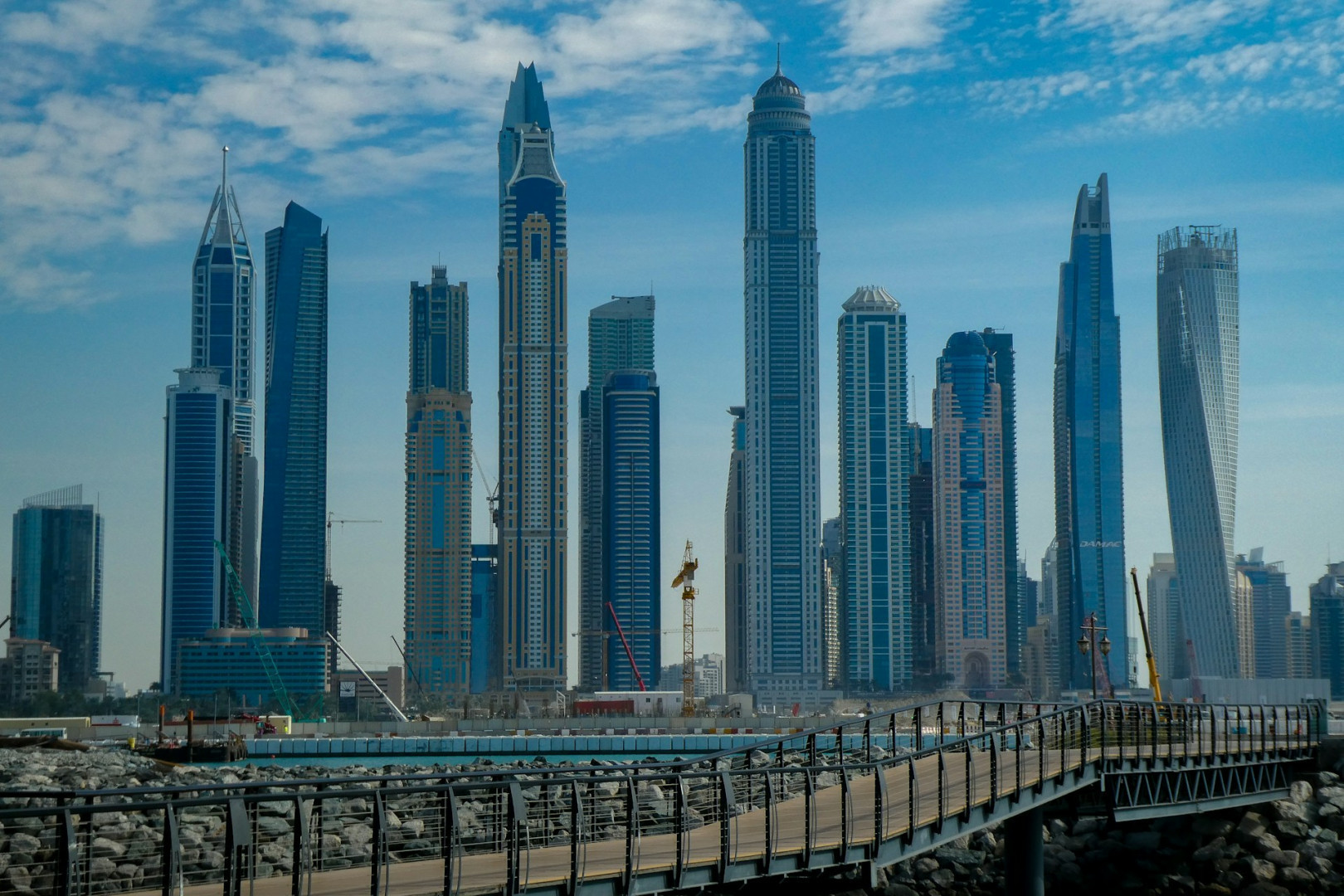
Off-plan properties
About us
Bali has long been one of the most popular destinations in Southeast Asia, and in 2025 the island introduced several new laws and restrictions. The government’s goal is to balance growing tourism with cultural preservation, environmental protection, and sustainable development.
Whether you are visiting for a vacation or considering long-term investment, it is essential to understand these changes to avoid penalties and be fully prepared.
A key update in 2025 is Circular Letter No. 7, issued by Governor Wayan Koster. This regulation highlights the importance of respecting Balinese traditions and introduces new behavioral rules for foreign visitors.
Tourists are expected to dress appropriately when entering temples or sacred sites and to maintain respectful behavior during ceremonies. In addition, the authorities are encouraging the use of QRIS digital payments, which makes transactions safer and more convenient for international travelers.
The clear message is that Bali wants to promote quality tourism that supports cultural preservation instead of undermining it.
Another significant change is the introduction of a Bali tourist levy. Every international traveler must now pay IDR 150,000 (approximately €9–10) upon arrival. These funds are allocated to environmental initiatives, infrastructure development, and cultural conservation.
Since September 2025, all visitors are also required to complete a digital arrival declaration through the All Indonesia app. This declaration covers immigration, customs, health, and quarantine details, streamlining the entry process and improving border control.

With rising tourism, the government has placed stronger emphasis on sustainability. New regulations prohibit converting land for tourism development in flood-prone areas, reducing disaster risks and protecting local communities.
At the same time, Bali continues its campaign against plastic waste. Production of single-use water bottles under one liter is now restricted, building on earlier bans on plastic bags and straws. These measures reinforce Bali’s role as a leader in eco-friendly tourism in Indonesia.
For travelers, these rules mean better-maintained attractions, cleaner beaches, and a safer overall experience. For investors, the regulations set clearer boundaries that encourage sustainable projects aligned with Bali’s long-term development plan.
The new laws mark a transformation: Bali is moving from mass tourism toward a more responsible and respectful model, ensuring that its culture and natural beauty are preserved for future generations.
Invest in Bali with Confidence in 2025. DDA Real Estate guides you through new laws on land use, culture, and sustainability to avoid risks and secure future-proof properties. We turn regulatory changes into smart investment opportunities, helping you own real estate that aligns with Bali’s vision for responsible, long-term growth.